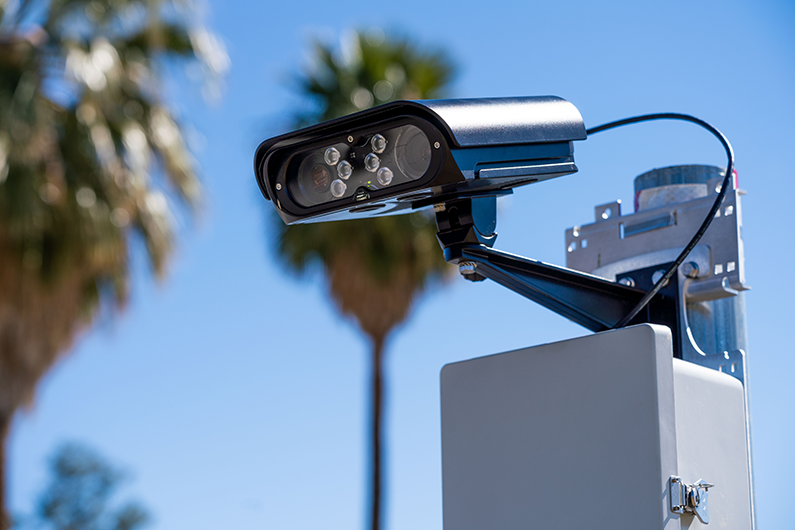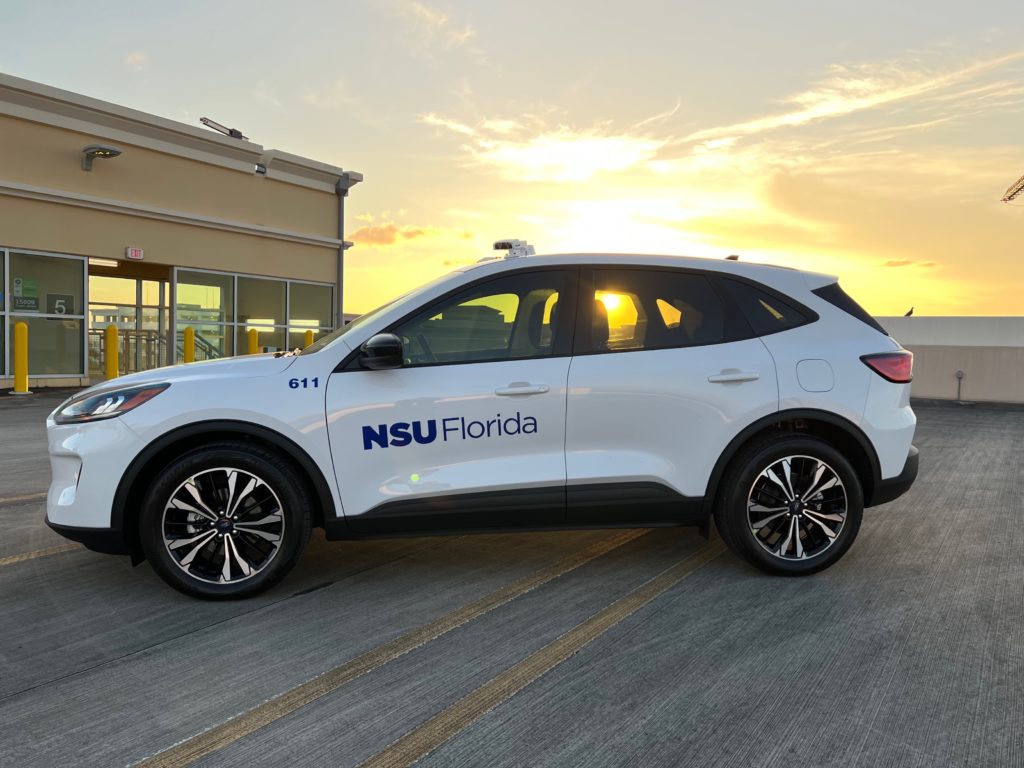How to get started with Automatic License Plate Recognition solutions
Finding the best way to operate your parking procedures can be difficult. Everyone has had an aggravating parking experience before, and our goal is to optimize the experience for clients and their customers. In recent years innovative technology has been developed to minimize the time people spend finding the perfect parking spot so that they can spend more time at their destination. The best part is that as across-the-board efficiency improves the return on investment proves itself year after year.
Common Parking Procedures
The original way of issuing parking permits and citations consisted of having an around-the-clock gate attendant, administering physical permits, and checking those permits by hand. This way of operating is time-consuming and not cost-efficient. Many times drivers will either not know their license plate number and will have to walk back to their car, or they type it incorrectly. Switching to a virtual solution allows your customers to have an easier time parking and can also generate revenue for your organization.

What is ALPR?
ALPR (Automatic License Plate Recognition) technology can save you money and time when moving from physical to virtual permits. ALPR cameras can scan, read, and validate license plates as they enter and exit your parking structures and lots, or when a parking officer drives by with a mobile LPR camera mounted on their vehicle. Your customers will pay for a parking permit via a mobile phone application or online through another paid parking provider. When they go to park, their license plate will then be scanned by the LPR camera and run against the plates in your database. This information is stored either through your paid parking provider, in the cloud, or managed by your organization on servers.
The usage of ALPR cameras does not always eliminate the number of parking officers needed on site. For example, the most common way for universities and cities to operate using ALPR cameras is to have them mounted on a vehicle. This allows the parking enforcement officer to drive around the parking lots, scan license plates, and issue citations electronically. This saves cities and universities countless hours of officers walking around entire parking lots or up and down busy streets. Using fixed and mobile ALPR to manage your parking operations creates a safer environment for your transportation and parking team.

Things to consider
When looking to adopt ALPR technology into your parking operations, here are some key things to consider.
The number of parking lots and structures you plan on covering plays a large part in how you will use your technology. When operating in a gateless and contactless parking structure, you can choose to mount a fixed camera to the entrance or exit of your lot. With the help of a third-party integrator like iParq, customers will upload their license plates into a portal and pay for their parking permits. The fixed camera will scan plates as they enter the lot and run them through the permits in the database. Vehicles not permitted to park will be flagged in the system and issued a physical or electronic citation, depending on your organization.
How your organization administers permits will also be a deciding factor. Many schools and companies have a transportation and parking team that consists of one or more parking enforcement officers. A parking enforcement officer drives around campus or city streets with a mobile camera mounted on their vehicle. This allows the officer more protection when issuing physical and virtual citations, as well as saving them an abundant amount of time.
Utilizing mobile LPR cameras for your parking operations could be the best way to effectively cover all zones in a timely manner, all while protecting your parking officers. Therefore, choosing the right vehicle to be outfitted with this technology is important. Many organizations opt for an electric or hybrid vehicle. This is a great choice because the cost of gas is greatly reduced or eliminated. However, because electric vehicles run off lithium batteries, it is important to have an experienced professional install your LPR cameras. This mistake has been made in the past and has left people without a vehicle because a camera was installed improperly and drained the car battery. When working with Route1, you will never have to worry about the reliability of your installation. Our team of experienced engineers and solution architects have done over 1,000 ALPR installations and provide training and support for your team after the project is completed.
Next steps
ALPR technology can make any organization’s parking operations more efficient and cost-effective. When pairing this technology with a paid parking provider, your organization can simplify operations and generate revenue. With a virtual permitting system, there is no waiting line to speak to the gate attendant and your customers will no longer waste time driving around aimlessly looking for a parking spot. Route1’s turn-key engineering and professional services are essential to adopting a seamless parking system. Our team is there for you every step of the way, from design and installation to a life cycle of maintenance and support, as well as end-user training as your operations expand and technology advances. To learn more about ALPR technology or how Route1 can help your organization start the process, contact us to get started